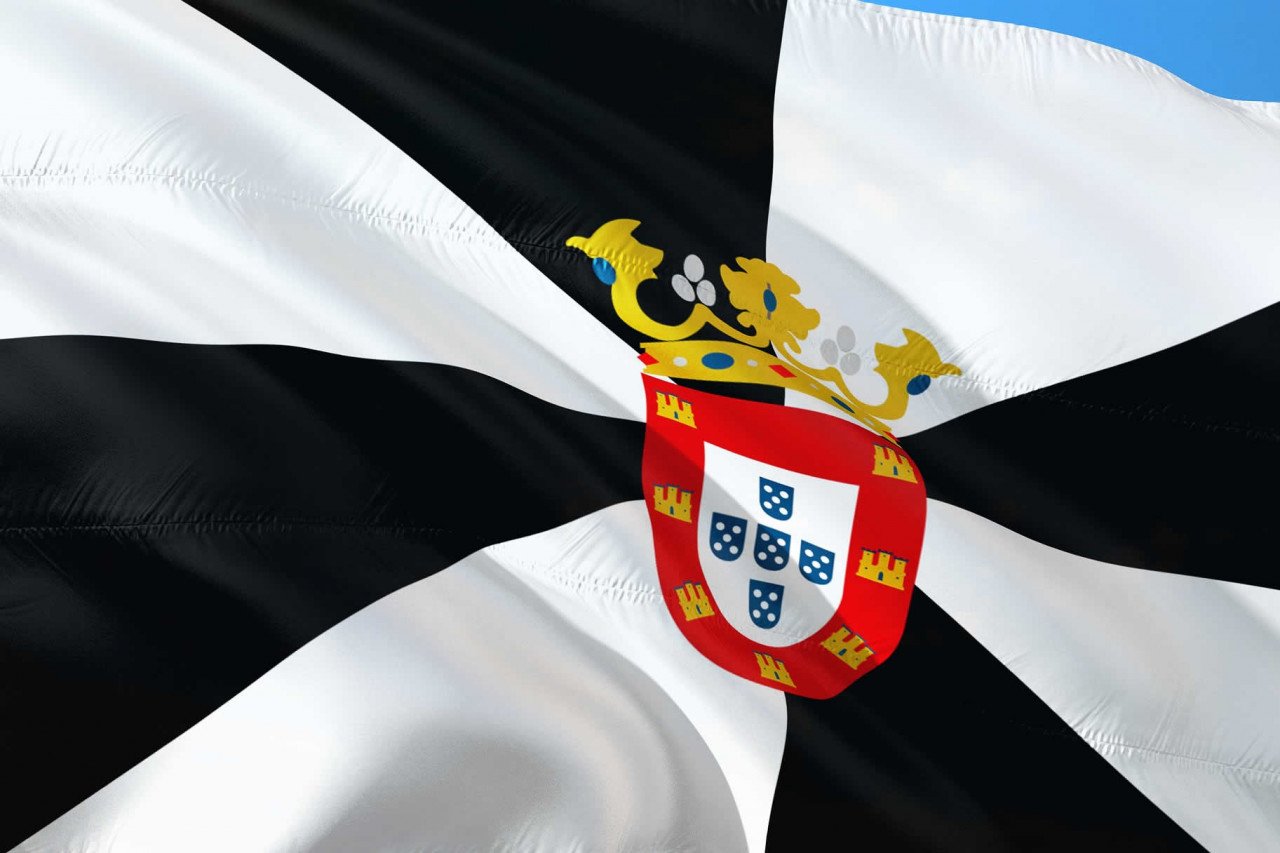Celebrating Ceuta Day

Ceuta Day, celebrated on September 2nd annually, commemorates the independence of the Spanish autonomous city of Ceuta. While Ceuta was conquered by Portugal on August 22nd, 1415, the celebration is held on September 2nd due to Spain and Portugal’s adoption of the Gregorian calendar in 1582. This holiday honors the city’s autonomy and is also known as “Dia de Ceuta”.
History of Ceuta Day
Ceuta, situated on the north coast of Africa in the kingdom of Morocco, boasts a history as diverse and vibrant as its population. The city’s strategic location on the Strait of Gibraltar has rendered it a coveted territory throughout the centuries. From the ancient civilizations of the Carthaginians and the Romans to the Muslim conquest in the 8th century, Ceuta has witnessed a succession of rulers and cultures, shaping its identity into a captivating blend of influences. The roots of Ceuta Day trace back to August 14, 1415, a pivotal moment when Portugal’s King John I led a successful expedition to colonize the city. This conquest, known as the “Conquest of Ceuta,” marked the beginning of Portuguese rule in the region. However, it was on September 2, 1415, that King John I officially passed the control of Ceuta to Pedro de Menezes, signaling the city’s independence. Despite subsequent conflicts and disputes between Spain and Portugal over Ceuta, the city eventually came under Spanish rule on January 1, 1668, following the Treaty of Lisbon.
Celebrating Ceuta Day
As Ceuta Day dawns each year on September 2, residents and visitors alike have the opportunity to observe the holiday in various ways. Given its status as a public holiday, many choose to spend the day quietly at home, embracing moments of solitude and reflection. It serves as a welcome respite from the hustle and bustle of daily life, allowing individuals to recharge and reconnect with themselves. Food plays a central role in the celebrations of Ceuta Day, with many households taking to their kitchens to prepare traditional Spanish dishes. From savory paellas to succulent seafood platters, the culinary offerings are as diverse as the city itself. Local markets buzz with activity as families procure fresh ingredients, ensuring that their meals are infused with the flavors of Ceuta’s rich maritime heritage.
While some prefer the tranquility of home, others opt to venture outdoors, gathering with family and friends for picnics and private parties. Parks and public spaces become adorned with flags, serving as colorful reminders of Ceuta’s sovereignty. These communal gatherings offer an opportunity for residents to come together, share stories, and strengthen bonds amidst a backdrop of scenic beauty. Above all, Ceuta Day is a celebration of culinary heritage—a time to savor the flavors of Spanish cuisine and indulge in the pleasures of shared meals with loved ones. From traditional recipes passed down through generations to innovative culinary creations, the day embodies the rich gastronomic tapestry of Ceuta.
Uncovering the Charms of Ceuta: Fascinating Facts
Cultural Melting Pot – Ceuta boasts a diverse population of approximately 82,000 inhabitants, reflecting a mosaic of cultures and faiths. Christians, ethnic Sindhi Hindus, Muslims, and Sherpedic Jews coexist harmoniously, contributing to the city’s vibrant tapestry of diversity.
Fortress City – Surrounded by imposing 20-foot-high double fences, Ceuta stands as a fortress city, its boundaries carefully guarded. The city’s sole points of entry and exit are marked by two checkpoints, underscoring the importance of security in this strategic locale.
Gateway to the Mediterranean – As one of only two Spanish port cities on the north coast of Africa, Ceuta serves as a gateway to the Mediterranean. Its bustling port, spanning 7.1 square miles, facilitates trade and maritime activities, further enhancing its significance on the global stage.
Linguistic Diversity – While Spanish serves as the official language of Ceuta, the city is a melting pot of linguistic diversity. French, Berber, and Moroccan Arabic are commonly spoken, reflecting the multicultural fabric of the community.
Avian Haven – Recognized by BirdLife International as an Important Bird Area (IBA), Ceuta boasts a rich avian biodiversity. Its location along major migratory routes makes it a haven for birdwatchers, who flock to the city to catch a glimpse of its feathered inhabitants.
Significance of Ceuta Day
Ceuta Day provides a moment of reflection, allowing us to honor the city’s storied past and the resilient spirit of its inhabitants. It serves as a testament to Ceuta’s enduring legacy and its role as a beacon of multiculturalism and tolerance. In a world often marred by conflict and discord, Ceuta Day offers a welcome reprieve—a day dedicated to peace, tranquility, and quiet contemplation. It reminds us of the importance of fostering harmony and understanding in our communities and beyond.
Ceuta Day stands as a testament to the resilience, diversity, and cultural richness of the Spanish autonomous city of Ceuta. From its ancient origins to its modern-day celebrations, the day encapsulates the essence of Ceuta’s past, present, and future. As we commemorate this special occasion each year, let us embrace the spirit of unity, peace, and culinary delight that define Ceuta Day. Ceuta Day serves as a reminder of the city’s rich history, diverse culture, and enduring spirit. As we honor this special day, may we continue to cherish and celebrate the unique heritage of Ceuta for generations to come.
Observer Voice is the one stop site for National, International news, Sports, Editor’s Choice, Art/culture contents, Quotes and much more. We also cover historical contents. Historical contents includes World History, Indian History, and what happened today. The website also covers Entertainment across the India and World.

